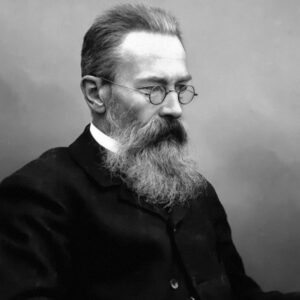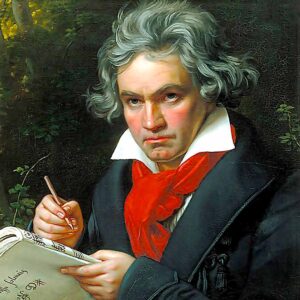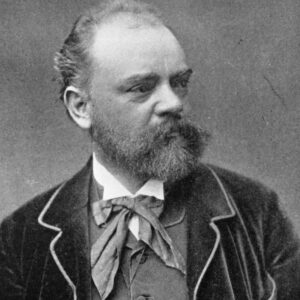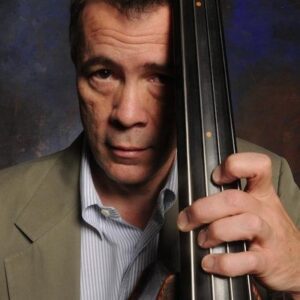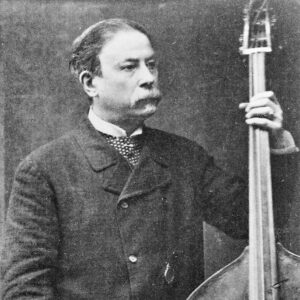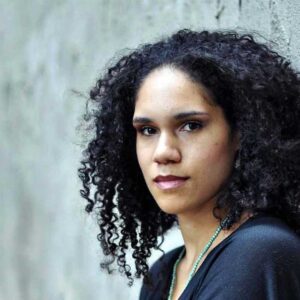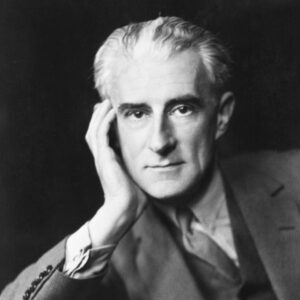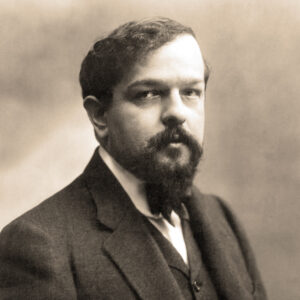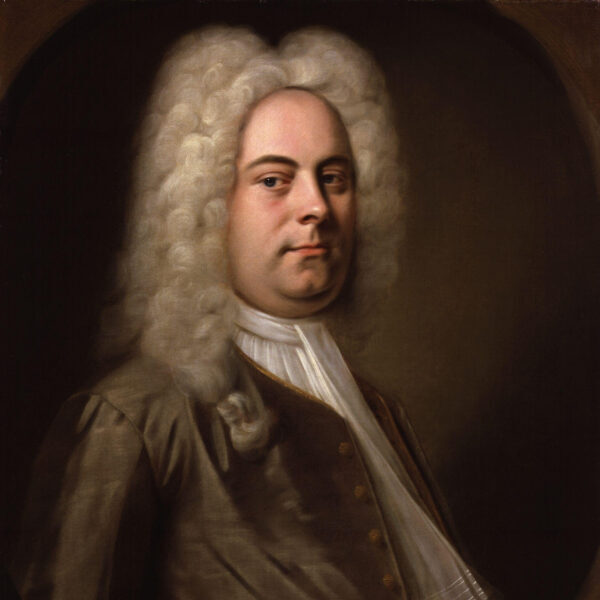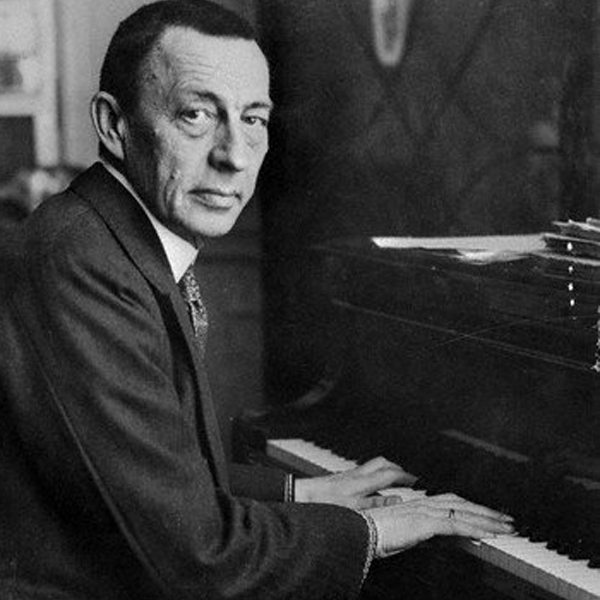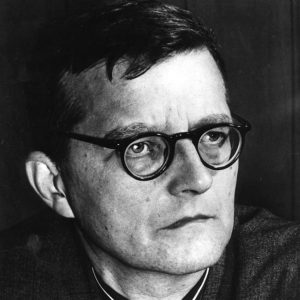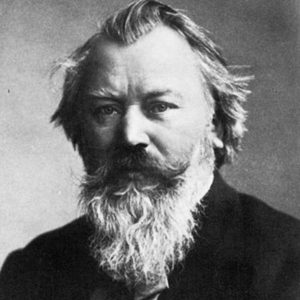
Jessie Montgomery
Rounds for Piano and Strings
Born in New York City in 1981, African-American composer, musician, and educator, Jessie Montgomery is one of the most vital voices of her generation. Her studies began at Manhattan’s Third Street Music School Settlement. She late went on to receive a degree in violin performance at Juilliard and a master’s degree in Composition for Film and Multimedia at New York University (2012).
She has been actively involved with the Detroit-based Sphinx Organization in supporting and encouraging young African American and Latinx string instrumentalists. Her works have been performed by many significant arts institutions (Orpheus Chamber Orchestra, American Composers Orchestra, Atlanta Symphony, to name but a few). She also has worked collaboratively with numerous colleagues in both music and dance. Rounds is one of Montgomery’s most recent projects and is a collaboration with African-American pianist, Awadagin Pratt. Its first performances took place on March 27 and 28, 2022 with Pratt and the Hilton Head Symphony Orchestra. Subsequent performances have been taking place throughout the country. The Boston Symphony Orchestra will have performed it just weeks before we hear it here in Winston-Salem.
Jessie Montgomery has emerged over the past several years as one of the most sought-after composers in the world of classical music. Writing in February of 2022, she has the following to say about this new work and its meaning:
“Rounds for solo piano and string orchestra is inspired by the imagery and themes from T.S. Eliot’s epic poem Four Quartets. Early in the first poem, Burnt Norton, we find these evocative lines :
At the still point of the turning world. Neither flesh nor fleshless;
(Text © T.S. Eliot. Reproduced by courtesy of Faber and Faber Ltd)
Neither from nor towards; at the still point, there the dance is,
But neither arrest nor movement. And do not call it fixity,
Where past and future are gathered. Neither movement from nor towards,
Neither ascent nor decline. Except for the point, the still point,
There would be no dance, and there is only the dance.
In addition to this inspiration, while working on the piece, I became fascinated by fractals (infinite patterns found in nature that are self-similar across different scales) and also delved into the work of contemporary biologist and philosopher Andreas Weber who writes about the interdependency of all beings. Weber explores how every living organism has a rhythm that interacts and impacts with all of the living things around it and results in a multitude of outcomes.
Like Eliot in Four Quartets, beginning to understand this interconnectedness requires that we slow down, listen, and observe both the effect and the opposite effect caused by every single action and moment. I’ve found this is an exercise that lends itself very naturally towards musical gestural possibilities that I explore in the work – action and reaction, dark and light, stagnant and swift.
Structurally, with these concepts in mind, I set the form of the work as a rondo, within a rondo, within a rondo. The five major sections are a rondo; section “A” is also a rondo in itself; and the cadenza – which is partially improvised by the soloist – breaks the pattern, yet, contains within it, the overall form of the work.
To help share some of this with the performers, I’ve included the following poetic performance note at the start of the score:
Inspired by the constancy, the rhythms, and duality of life, in order of relevance to form:
Rondine – AKA Swifts (like a sparrow) flying in circles patterns
Playing with opposites – dark/light; stagnant/swift
Fractals – infinite design
I am grateful to my friend Awadagin Pratt for his collaborative spirit and ingenuity in helping to usher my first work for solo piano into the world.”
This new work was commissioned by Art of the Piano Foundation for pianist Awadagin Pratt and co-commissioned by the Hilton Head Symphony Orchestra, Baltimore Symphony Orchestra, Colorado Symphony, Indianapolis Symphony Orchestra, IRIS Orchestra, Kansas City Symphony, Milwaukee Symphony Orchestra, Rochester Philharmonic Orchestra, and the St. Louis Symphony Orchestra.
Program Note by David B. Levy/Jessie Montgomery, © 2022



